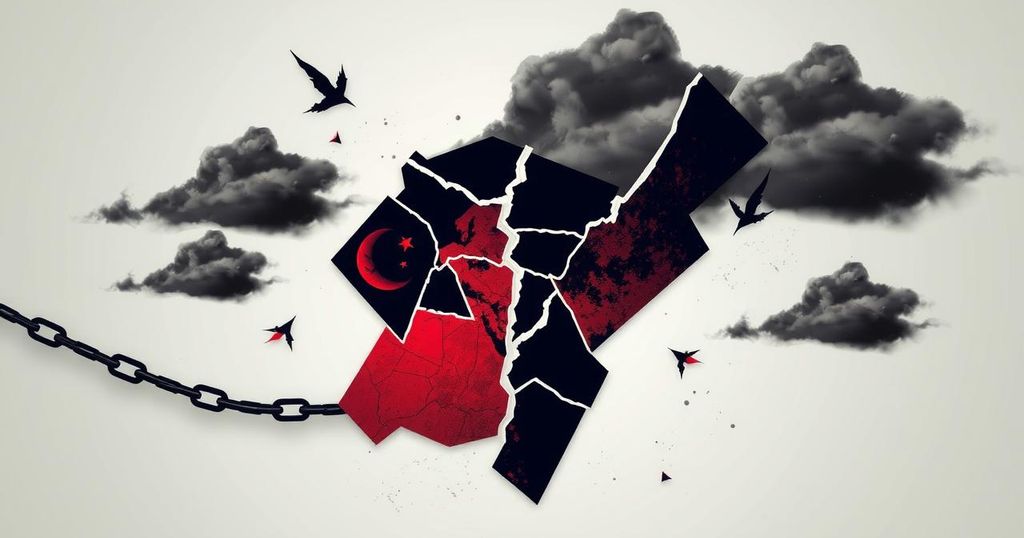The conflict in eastern DRC stems from ethnic tensions, regional rivalries, resource exploitation, and global interference. The M23 rebel group, primarily composed of Tutsis, fights for their people’s rights amid a backdrop of historical discrimination and violence. The region’s vast mineral wealth attracts foreign interest, complicating the situation and perpetuating civilian suffering. Without addressing these multifaceted issues, peace remains unattainable.
The conflict in the eastern Democratic Republic of Congo (DRC) is characterized by a complex interplay of ethnic strife, regional rivalries, resource exploitation, and foreign intervention. It cannot be reduced to a single cause, as historical grievances and socio-political dynamics continue to fuel hostilities in the region.
Ethnic divisions play a significant role in the strife, rooted in colonial-era boundaries that fragmented communities. The Tutsi population, for instance, is located on both sides of the DRC-Rwanda border. In Rwanda, Tutsis are politically influential, yet they have experienced systemic discrimination in the DRC, resulting in many seeking refuge abroad, while those who remain face threats and violence.
The M23 rebel group, predominantly comprising Tutsis, advocates for the rights of their ethnic group. For young recruits, their involvement is not solely political; it often stems from dire personal circumstances. Many M23 fighters grew up in refugee camps, feeling compelled to confront government forces upon their return to DRC.
With borders shared by nine other nations, ethnic overlap generates tensions that often escalate into broader conflicts. Countries such as Rwanda and Uganda engage in the DRC conflict for various reasons, including security interests and political motivations. Rwanda’s intervention is partly based on historical fears of a repeat of the 1994 genocide against Tutsis, leading to a quest to protect their kin.
Eastern DRC is abundant in valuable minerals like coltan, gold, and cobalt, essential for modern technology. This wealth attracts fierce competition, transforming a regional struggle into a global contention. Armed factions, both local and externally backed, vie for control, perpetuating violence that enriches warlords while devastating civilians.
Foreign governments and multinational corporations have vested interests in DRC’s resources, with some providing financial and military support to various factions. This external involvement exacerbates the already dire human cost of the conflict, leading to extensive civilian suffering and displacement, as entire communities are destroyed.
The M23 recently allied with other rebel groups to escalate their campaign against the DRC government in Kinshasa, intensifying an already volatile situation. The ongoing conflict is a multifaceted crisis with no single solution. Addressing the layers of ethnic, political, and economic factors is essential for achieving lasting peace in the region.
In summary, the conflict in the eastern DRC is a multifaceted crisis rooted in historical grievances and further complicated by ethnic divisions, regional interventions, and global interests in natural resources. The M23 rebels, fueled by personal and ethnic motives, continue to escalate the conflict as armed factions vie for control of valuable minerals. Until these underlying issues are comprehensively addressed, a resolution and lasting peace will remain elusive.
Original Source: www.channel4.com




